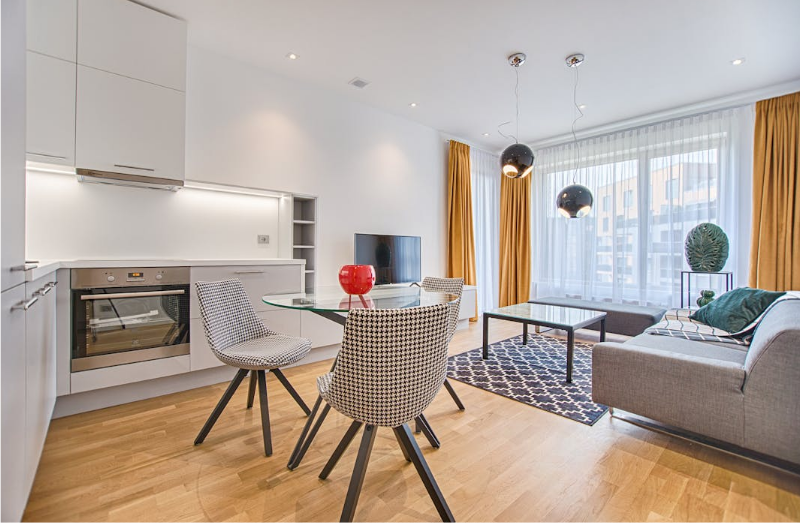Tenant Screening Tips: Property Management Central Texas
December 31, 2021

When it comes to finding the ideal renter for a property, tenant screening is an important step. The procedure aids in the identification of renters who will pay their rent on time and regularly. It is necessary to have some experience with the procedure in order to understand what is required for efficient tenant screening. If you are renting out your home for the first time or are seasoned but need the aid of an expert, consider using the services of Hunter Rentals & Sales' professional property management staff.
Listed below are expert tips from our professionals:
- List your Requirements: Start with setting out some criteria for your prospective tenants so that only those who fulfill your requirements approach you. This will also help in avoiding issues such as late payments, criminal activity, evictions and more. Your requirements should be based on a minimum credit score, employment proof, background, etc. However, it is important to be flexible regarding adherence to these requirements.
- Credit and Background Checks: This is one of the most important things to consider when screening tenants as it will let you know a prospective tenant better. Conducting credit checks provides insight into important things like the name of the applicant, past addresses, employer information, financial situation, etc. A criminal check on the other hand lets you gauge whether the tenant will be a responsible individual and refrain from criminal activity, violence, etc.
- Create a Rental Application: This indicates your seriousness about the screening process and also makes you appear professional. Important points mentioned in a rental application are names of people residing in the property, current employer, history of previous tenancy and authorization to conduct a credit and criminal history check.
- Reviewing Tips: Once the application is filled by a prospective tenant, you should review it to confirm whether the details provided tally with what the applicant said in-person. Check for discrepancies in the information and be swift to ask for clarification upon spotting any. Key information to review when going through an application is the name of the applicant, number of occupants, rental history and employment history.
- Important Questions to Ask: After reviewing the application, the next crucial step is to conduct interviews of prospective tenants. Important questions to ask at this stage are, reasons for moving, preferred date of moving in, duration of living in the rental, number of people living in the rental, presence of pets, etc. In addition to asking questions, also provide the tenant a chance to ask questions from you.
- Consult an Expert: Hire a property manager to assist with property rental matters including tenant screening process. A property manager can help in generating better returns for your property by careful selection of tenants, managing maintenance requests, rent collection, etc.







